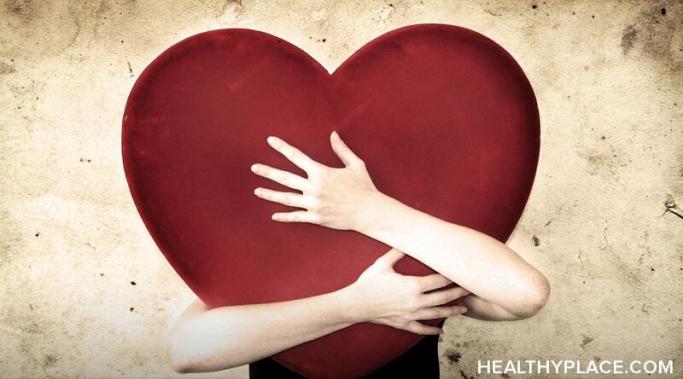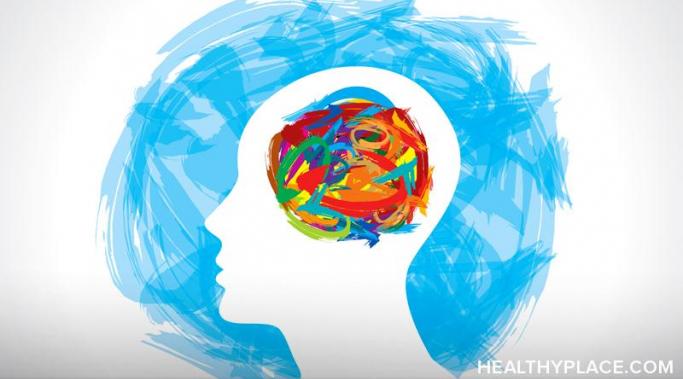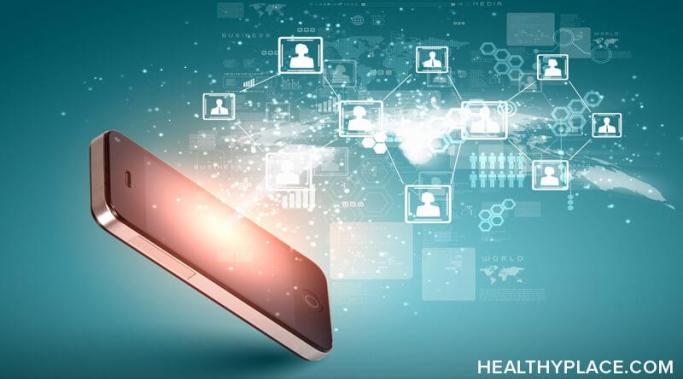For those navigating mental health conditions, the journey toward self-love is not only crucial but can serve as a powerful catalyst for improved mental wellbeing. This Valentine's Day, let's shift the focus inward and explore the transformative practice of self-love, highlighting the empowering act of taking yourself on a date.
Body Image and Self-Esteem
In my self-esteem journey, I've turned to exercise as a constant companion. Whether it's yoga, sports, weight lifting, or biking, the benefits of physical activity have been my steadfast allies. What I have come to realize, however, is that the positive impact of exercise goes far beyond the physical realm; it extends deep into the subjective domain, influencing the way I perceive myself. Ultimately, I've found that exercise boosts my self-esteem.
As I approached the New Year, I found myself drawn to the age-old tradition of setting resolutions for mental health empowerment. For someone navigating the intricate path of mental health diagnoses, the idea of New Year's resolutions takes on a special significance. These resolutions, far beyond the usual promises of hitting the gym or saving money, can become allies in my quest for self-esteem and purpose amid the complexities of mental health recovery. Learn how to create empowered mental health through New Year's resolutions.
Perfectionism is a double-edged sword. While it can help you achieve greater things in your personal and professional life, it can also lead to a never-ending cycle of self-criticism and low self-esteem. Perfectionists tie their self-esteem to their achievements, and if things don't go to plan, they start feeling like they are failures which can destroy their confidence and even self-confidence.
Most of us have "open to criticism" on our resumes. But truth be told, receiving criticism, especially if it is negative, is not one of our best moments. Criticism can hurt our self-esteem if we're not careful.
Most of us are familiar with imposter syndrome. We tend to feel like we are not good enough, even in areas where we typically excel, and end up sabotaging many aspects of our life, including relationships and professional development.
Social media and self-esteem have become opposing ideas in recent years, especially as more people get sucked into the hollow cycle of likes, comments, and shares. Like it or not, social media is deeply ingrained in modern society. Though it started as a way to connect with others, it continues to evolve into a world where people seek validation from strangers. While it has positive aspects, social media also negatively affects people’s self-esteem.
Many people are struggling with finances and self-esteem, and while these two might seem unrelated, they are actually deeply intertwined. Personal finances have a significant impact on self-esteem and vice versa. Most people fail to realize that the guilt, shame, and insecurity from poor money management can greatly affect their self-perception.
For a very long time, I wasn’t comfortable with myself. During my journey to healing, I quickly realized that it’s a lot easier for us to make friends with strangers than our own selves. It took me such a long time to make friends with myself and slowly learn to love who I am. Now that I’m here, I hope to help as many people as possible find their way to self-love.
As soon as puberty kicks in, many of us lose self-esteem. Many physical, emotional, and psychological changes begin to take shape during this time, leaving us confused and extremely sensitive. As our bodies change, so does our self-esteem, leaving us vulnerable. Even fully understanding that this is a perfectly normal part of life that everyone goes through didn’t make it any easier for me. Puberty was a time in my life I think back to and wonder whether anyone handles it any better than I did.









